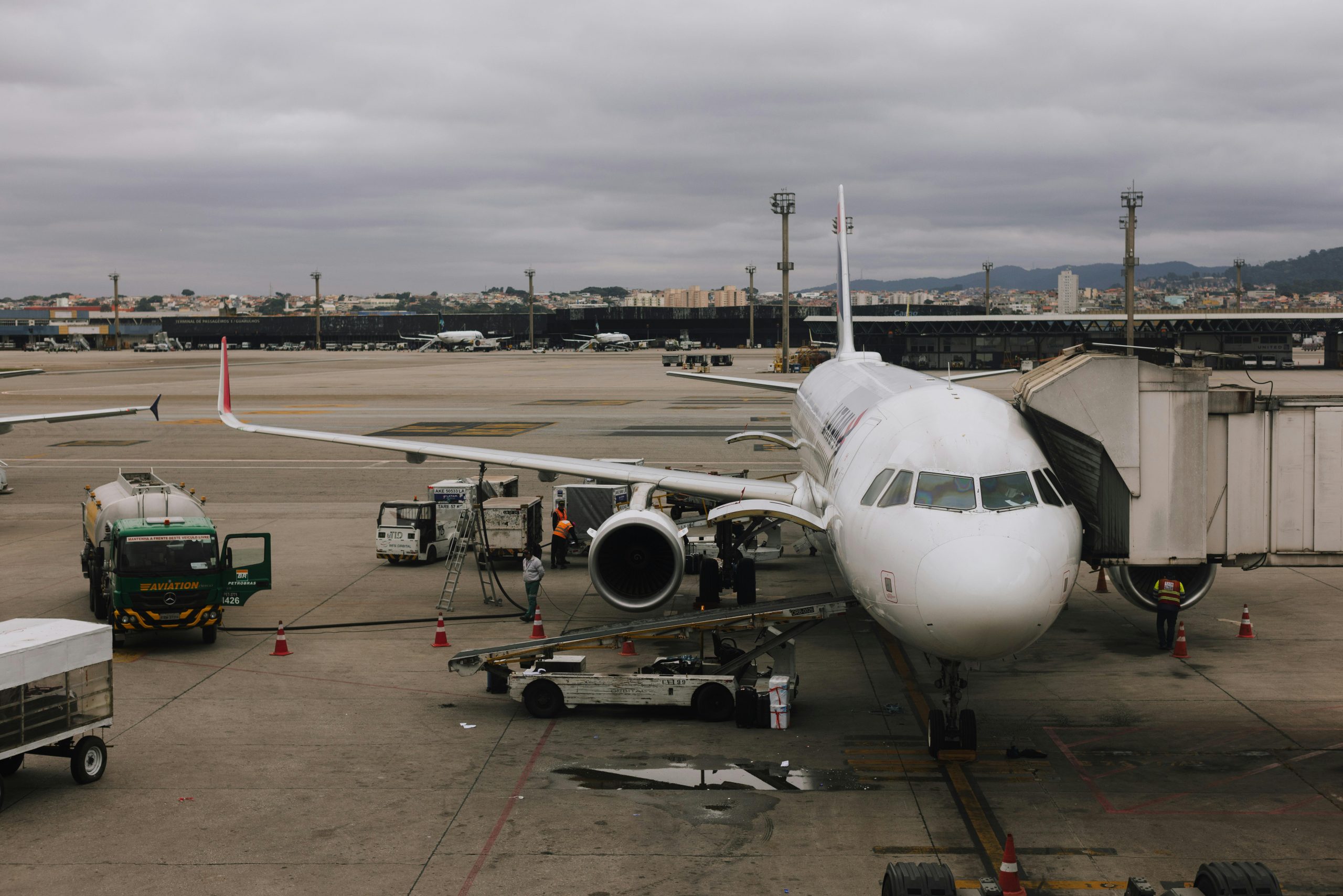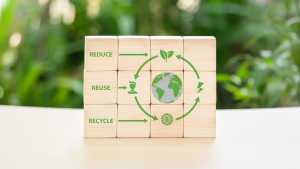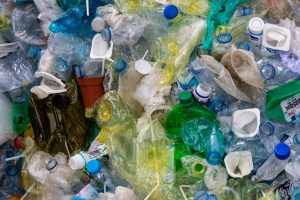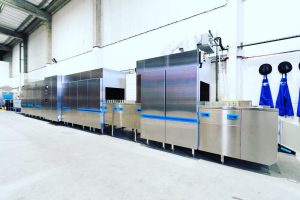Single-use bans in the United Kingdom and elsewhere have significant implications for the airline industry, as it necessitates a fundamental shift in their operations and environmental responsibility. This ban, which aims to reduce single-use plastic pollution and minimise environmental harm, particularly affects airlines, in a number of ways.
First and foremost, airlines have relied heavily on single-use items for in-flight services, including meal packaging, drinks cups, utensils and the like. With the ban in place, these businesses must explore alternative materials such as biodegradable or returnable options, which will inevitably require logistical adjustments. Demonstrated evidence supports the idea that opting for a returnable choice is a more sustainable approach. An item integrated into a circular system tends to have a smaller carbon footprint compared to a single-use item that requires production, transportation, and subsequent disposal. In contrast, a returnable item can be easily washed and used hundreds, or even thousands, of times.
Moreover, single-use items have been integral to maintaining hygiene and safety standards on aircraft. The ban forces airlines to rethink their sanitation procedures, ensuring they can continue to meet stringent health and safety requirements without compromising on passenger wellbeing. This may involve investing in new cleaning protocols and materials that are both effective and sustainable.
Additionally, the ban poses challenges for airlines in terms of waste management. According to IATA rules, countries use national waste controls to handle cabin waste and reduce pollution. However, some places go a step further, insisting that all catering waste must be incinerated upon arrival.
Solutions for the Airline industry now that’s under more and more scrutiny
On a broader scale, the ban places airlines under increased scrutiny regarding their environmental responsibility. Travellers and regulators are becoming more environmentally conscious, and airlines that fail to adapt may face reputational damage. In response, many airlines are adopting sustainability initiatives and striving to reduce their overall carbon footprint by minimising waste and emissions. This cultural shift is gradually reshaping the industry’s approach to environmental stewardship.
Here at Blue Planet Washing Solutions, we provide airlines with a viable, cost-effective and reliable alternative, and it’s one that ticks all the right environmental boxes. Our high-volume washing and drying facility close to Gatwick Airport can ensure cups, plates and more are thoroughly cleaned, dried and inspected before being stored, ready to be used again and again. We have the machinery, the storage space and the logistics network to help airlines embrace a better, and greener, future today.
There are so many benefits to engaging our services, including
- A dramatic reduction in the number of items being sent for incineration
- Compliance with current and future legislation
- Long-term cost savings
- A more positive passenger experience
- More efficient logistics services
- Alignment with the principles of a circular economy
Given the growing concern around the world about single-use items, it’s perhaps fair to assume that more and more countries will be adopting a ban in some form. and practices that remain compliant in both departure and arrival locations. Returnable cups, plates, cutlery and more will inevitably become an increasingly common sight on planes, so it’s reassuring to know that Blue Planet Washing Solution’s services can be accessed right now by operators within this hugely important sector.
To find out more about Blue Planet Washing Solutions and what we can do for your business, contact the team today on 01293 553040, or drop us a line at reusables@blueplanetws.co.uk. We look forward to hearing from you soon.





